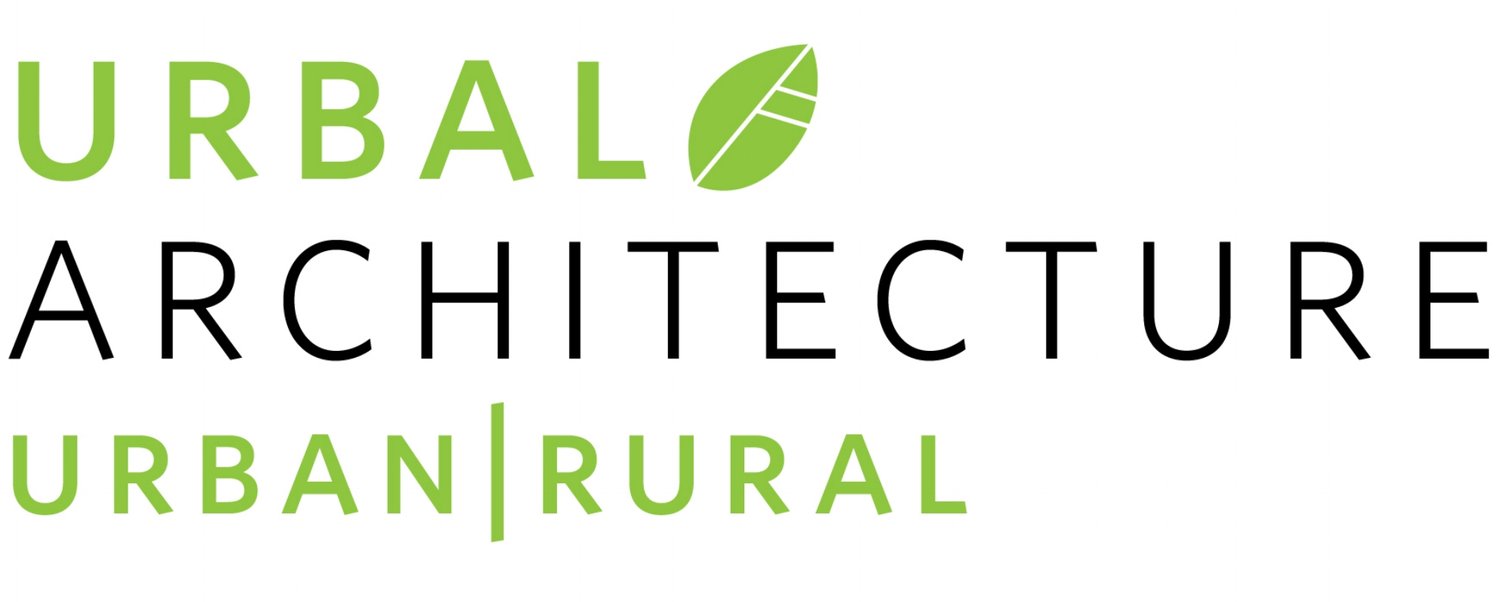Local governments are always seeking to engage the public in the city-planning process to better address community needs and establish a deeper sense of public ownership. Many cities, however, find themselves struggling to develop effective civic engagement strategies that attract a diverse audience to public meetings.
This week, our Project Manager Josh introduced us to Civic Dinners, and explained how this organization is helping city and regional governments bring community members together to engage in valuable community conversations.
Written by Josh Janet, Project Manager | PE:
City and regional planners often struggle with attendance at public meetings. Anecdotally, Seattle seems to achieve better numbers than other cities I’ve lived in, but it still struggles with reaching a diverse clientele. These meetings attract predominantly retired homeowners, whose voices deserve to be heard but only represent a fraction of the population.
“Civic engagement isn’t rocket science, but it does require thoughtful design and careful implementation.” This opening statement appears in a guide produced by Civic Dinners, a company that serves to build civic-minded conversations in communities over home cooked meals. Based in Atlanta, Georgia, Civic Dinners aims to supplement traditional public meetings and online feedback portals by providing a platform for communities to organize smaller get-togethers that are more likely to be attended, allow for deeper and more diverse conversations to take place, and collect feedback on whatever subject or plan the community is looking for input on.















